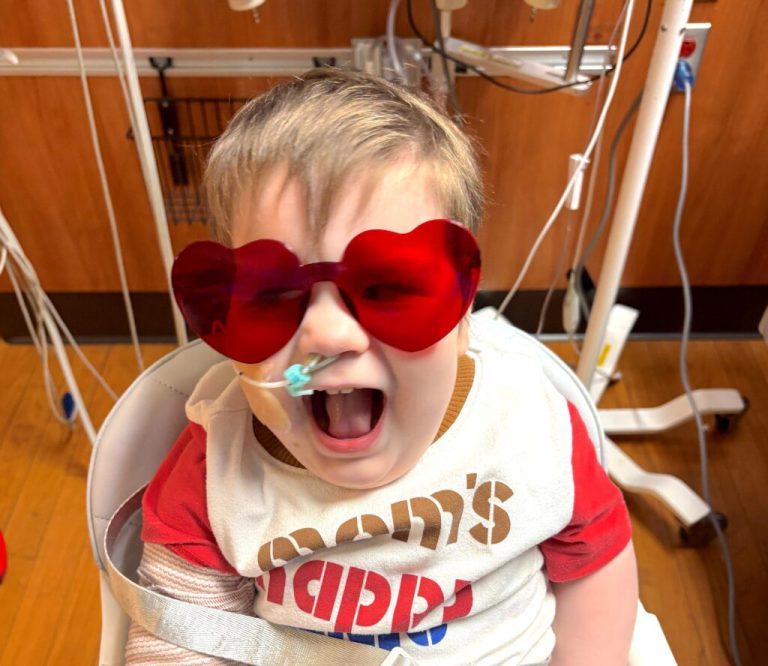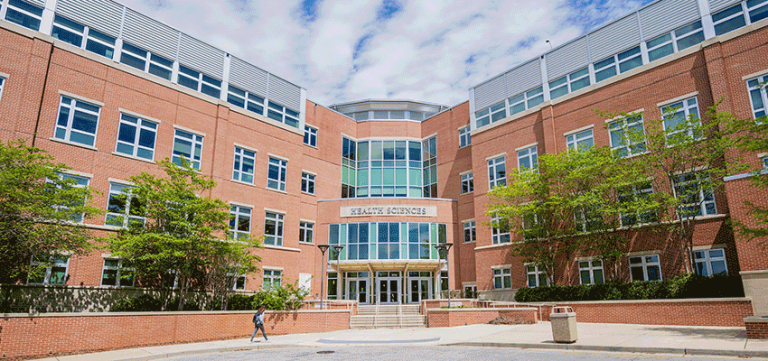Reviewed by: Cindy Hatcher
This Alabama program lets you uncover potential health risks—before they happen
Reading time: 4 minutes
Sponsored

When it comes to your family’s health, knowledge is power. Whether it’s heart disease, diabetes or cancer, many conditions run silently through generations. Now, Catalyst by Southern Research is giving Alabamians the chance to better understand those risks while also helping families across the state take steps toward healthier futures.
It’s a research program with a bold mission: to see if providing access to genetic testing, resources, education and health information can improve health outcomes statewide.
We sat down with Dr. Khalilah Brown, Chief Medical Officer at Southern Research, to learn more about how it works.
Catching health challenges early

Alabama faces some tough health challenges.
Chronic conditions like heart disease are widespread in our area, and many go undiagnosed until it’s too late. Combine that with the fact that half the state is rural, and access to specialized care can be limited.
That’s where Catalyst comes in. By providing genetic and chronic disease testing, they’re giving people a chance to “catch it early,” understand their family health risks and take proactive steps before a condition worsens.
At the same time, they’re building a research database that could help scientists design better treatments tailored to Alabamians.
“For decades, much of our work in drug discovery benefitted people outside our state before it ever reached Alabama. Catalyst flips that script. This program was designed to give Alabamians access first, and to make sure patients and their providers can actually use the results in real healthcare decisions.”
Dr. Khalilah Brown, Chief Medical Officer at Southern Research
What your results can tell you

If you decide to participate in Catalyst, your test results will give you:
- Genetic insights into your health risks (like heart disease, diabetes or certain cancers).
- Pharmacogenetic results that show which medications may work best—or which you should avoid—based on your genes.
- Information to share with your doctor that can guide personalized treatment.
Every participant also has the chance to meet with a genetic counselor to understand what the results mean for themselves and their families.
“This program guarantees patients results that are clinically actionable—meaning you can actually use the information in your healthcare. At the same time, we’re building a resource that could change how chronic diseases are managed in Alabama for years to come.”
Dr. Khalilah Brown, Chief Medical Officer at Southern Research
What’s the catch?
When I was first learning about Catalyst, I remember thinking it was too good to be true. But there’s no hidden cost— the program is supported through state funding and Southern Research’s nonprofit mission.
Importantly, only de-identified data (with no personal information attached) is used in research. Your results go directly back to your healthcare provider, just like any other lab test.
By participating, you’re not just gaining insights into your own health, you’re helping build a major resource that could improve care for thousands of Alabamians for years to come.
How to start
Joining Catalyst is simple:
- Visit catalystbysouthernresearch.org and sign up.
- Fill out a short health survey.
- Provide a sample, either at your doctor’s office with a blood draw (if they’re a Catalyst provider) or with a new at-home cheek swab kit.
- Wait 6–8 weeks for results, which are sent to you and your provider.
- Review your results with your doctor and, if needed, a genetic counselor.
Why it matters

Participating in Catalyst isn’t just about you—it’s about your family and community, too. By learning more about your genetic risks, you can share valuable information with loved ones.
By contributing your de-identified data, you’re helping researchers discover new ways to prevent, diagnose and treat diseases for future generations.
If you’ve ever wondered what your DNA can tell you about your health, you’re not alone. Check out Catalyst by Southern Research to learn more.
Sponsored by:




